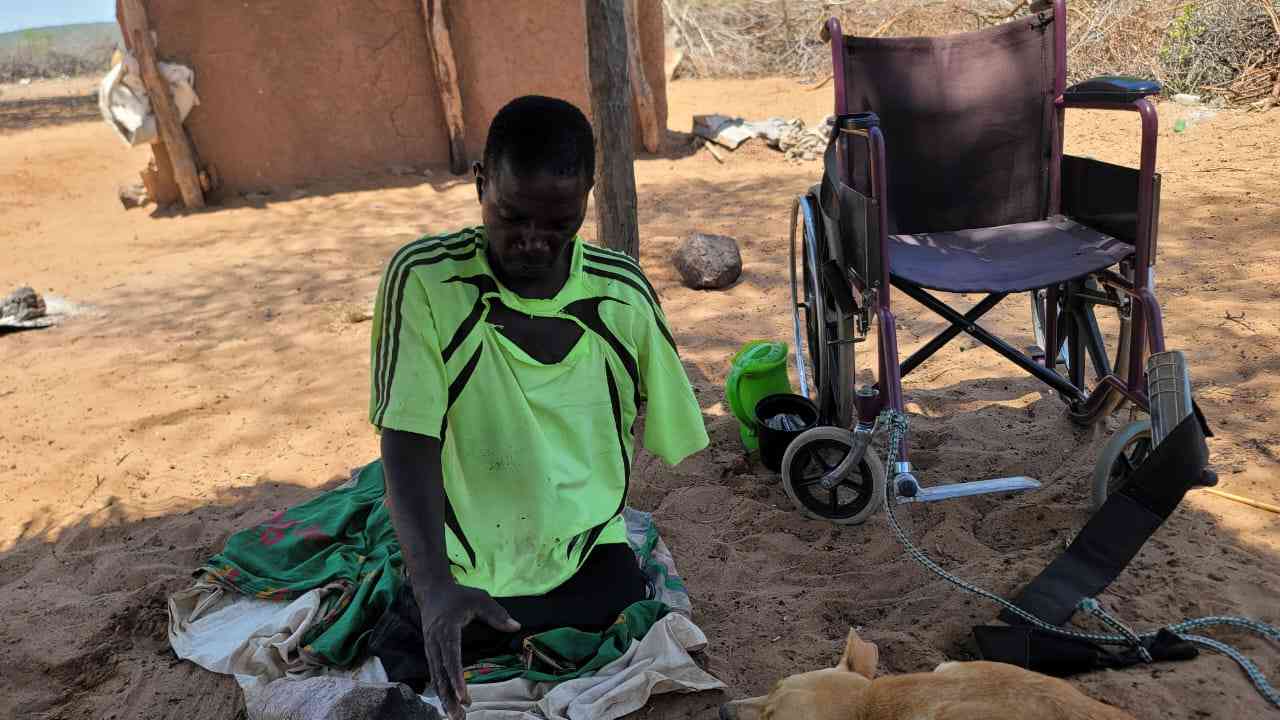
HELMUT Kohl; remember him? That gentle giant was Chancellor of West Germany when the Berlin Wall collapsed, and East Germany fell into the welcoming arms of its Western Half, after 28 years of separation. A new united Germany was born again, with Berlin as its Capital City.
While East Germany was one of the most advanced Warsaw Pact/Comecon countries, it was miles behind the West, in particular when compared to Europe's leading economy, West Germany.
There simply were major differences in the quality and depth of technology, industrial base, infrastructure, financial clout and skills base or human capital between the rich West and the poor East.
East Germany then had a population of around 18 million, more like Zambia or Zimbabwe today, whilst its Western half's population stood at 60 million, more like the South Africa of today.
Helmut Kohl welcomed with open arms and motherly loves the challenge of integrating the two unequal societies.
Kohl (3 April 1930 - 16 June 2017) was Chancellor of Germany for 16 years from 1982 to 1998. During that period he oversaw the re-unification of Germany and the creation of the European Union. These were two colossal and visionary projects.
West Germany's currency, the deutschmark was rock solid, and the reputation of its Central Bank legendary. The economy was a net exporter of high value, knowledge packed, well branded manufactured goods.
It easily provided the huge resources the iron-willed chancellor needed to “westernise” or transform the East Germany socio-economic landscape.
- Money is everything
Keep Reading
The Cold War came to an end when the Berlin wall collapsed in November 1989. Reunification of the two Germanys started in earnest in 1990, and continued until about 2014.
The estimated total cost of the project, that has proved highly successful, stands at US$ 2 trillion.
The Pentagon, the World's most formidable fighting machine, spent as much in a two-decades war and futile nation building exercise in Afghanistan. The American project ended in tears and humiliation three or so years ago.
Antonio Guterres, the secretary-general of the United Nations, is no doubt aware of these monumental projects, their colossal costs, and their benefits, or lack thereof.
These mega projects, their rationale, funding and costs, and their outcomes, are important for developing countries, wanna-be African leaders, developmental experts and institutions, multi-lateral or otherwise.
They are beginning to feature too, as agenda items among World leaders and academics, albeit indirectly.
On June 18, the local on-line Press, quoting Associated Press (AP), informed the World that from the ashes of World War II, (that saw Germany partitioned into two) three institutions were created to be pillars of the post war global order.
ÀP wanted the World to know that the leader of one of these institutions, Guterres was critising the other two, the International Monetary Fund (IMF) and the World Bank (WB). He called for a review of the two global financial institutions’ rules and capital bases.
He found the latter to be grossly inadequate and the rules to be particularly toxic and immoral.
The UN secretary-general had found that the institutions raised US$280 billion for the 772 million fortunate people who call the Group of Seven (G7) home, while allocating a mere US$8 billion for 1,1 billion people in the least developed nations as aid to alleviate the effects of the Covid-19 pandemic. This allocation was done as per the rule book.
He further noted poor countries now spend more on debt servicing than they do on public health.
The scathing analysis was presented as French President Emmanuel Macron called for a meeting to review and reform the operations and funding of the IMF and the WB.
The meeting was held in France on June 22 and 23. During the deliberations, Zambia's external debt of just over US$5 billion was successfully re-scheduled, allowing the African nation to breathe again.
Never mind the amount is pocket change for dozens of billionaires the world over.
Reflexly, I joined the lucky Zambians in celebration of the good news of their debt relief.
Albeit temporary, Zambia was off the hook, though its southern neighbour, Zimbabwe remained on it.
Tattered cap in hand, Zambia will soon be back knocking on the doors of the same institutions and nations that have just re-structured its loans.
It needs to borrow some more in a quest to create desperately needed and adequately remunerated jobs.
Unfortunately, not much can be expected from the multi-lateral development banks.
The WB has a capital base of only US$22 billion from which it can advance low interest loans and grants to countries for the purpose of economic development. The secretary-general complained correctly that the US$22 billion is not enough given the WB's mandate of funding economic development in poor countries.
In his most recent and hard-hitting paper on the subject, Guterres pointed out the amount was only equivalent to one-fifth the 1960 level as the World's population and needs, and that the economies have grown. He took the opportunity to call for a scaling up of the WB's capital available for lending and giving grants to developing countries.
Restoring the funding level to where it was in 1960 would see the WB's paid-up capital raised to US$110 billion. This balance sheet re-structuring is long over-due.
But a look at Germany’s re-unification costs suggests 50 to 100 fold increase is what the WB needs.
An arsenal of US$1 trillion or US$2 trillion will do very well, thank you very much.
There is no doubt President Macron, Guterres and the Pentagon, not to mention Zambian President Hakainde Hichilema, will all agree at the necessity of such a restructuring.
It must be remembered too, that post the 2008 global financial crisis, over US$ 300 billion in soft loans, debt write-offs and grants, was needed to bail out Greece, a nation of eight million, out of its financial problems.
It may not be much of a challenge to raise a trillion dollars for the WB. With Russia's permission, as the senseless war in Ukraine is wound up, US$300 billion could be transferred from Russia's frozen accounts in Western countries.
China can match that figure easily, as it sits on a mountain of US dollar reserves. Besides it can now make its payment wholly or partly in yuan, to celebrate the globalisation of its domestic currency.
Countries with heavy weight sovereign funds, like Norway, might want to park some of their wealth on the WB balance sheet.
The balance can be made good by the US and its Western allies with deep pockets, such as Germany, Japan, South Korea and others. This “rights issue” should see also the democratisation of the boards of directors of the WB and the IMF.
A change of the operational rules of the two institutions would then follow giving a major long term stimulus to the global economy.
Funds are urgently needed for the reconstruction of post-war Ukraine and Afghanistan, among other projects, not least the creation of two to four federal states out of Africa's 52 countries. It can be done. Just think like Helmut Kohl for a minute.
Nyandoro is a pharmacist by training. He holds a Pharm (Hon) degree from the University of Zimbabwe.. These weekly New Perspectives articles, published in the Zimbabwe Independent, are coordinated by Lovemore Kadenge, an independent consultant, managing consultant of Zawale Consultants (Pvt) Ltd, past president of the Zimbabwe Economics Society and past president of the Chartered Governance & Accountancy Institute in Zimbabwe (CGI Zimbabwe). — kadenge.zes@gmail.com or mobile: +263 772 382 852.






